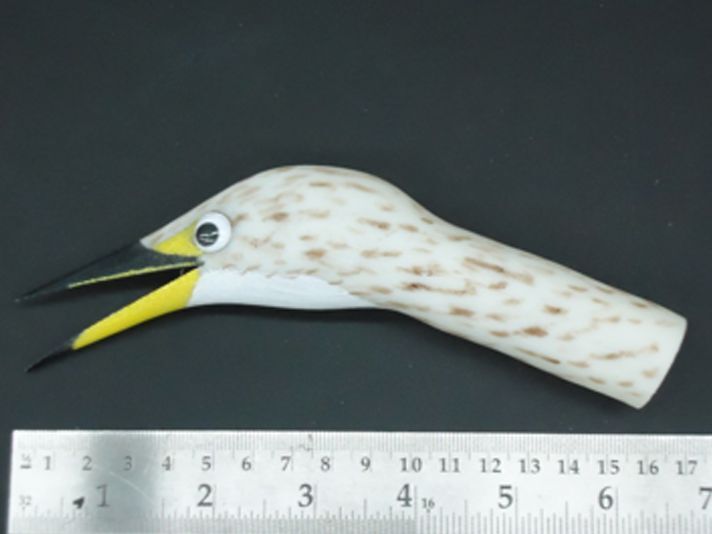With some help from a robotic fish, scientists have discovered that zebrafish are much like humans in at least one way – they get reckless when they get drunk. OK, “drunk” might not be technically accurate, but when exposed to alcohol, the fish show no fear of a robotic version of one of their natural predators, the Indian leaf fish. When they’re “sober,” they avoid the thing like crazy. The researchers believe that the experiments indicate a promising future for robots in behavioral studies.
The experiments were aimed at studying the effects of alcohol on fear responses, and carried out by scientists at the Polytechnic Institute of New York University (NYU-Poly) and Italy’s Istituto Superiore di Sanità.
Initially, groups of zebrafish (zebra danios, commonly used in labs) were placed in one section of an aquarium divided into three compartments. When the robotic leaf fish was placed in one of the other compartments, looking and moving like its biological counterpart, the zebrafish all tried to get away from it by swimming towards the empty compartment.
Subsequently, varying amounts of ethanol were added to the water in the zebrafishs’ compartment – according to the scientists, doing so doesn't harm the animals. It was found that the group of fish exposed to the highest level of ethanol made no attempt to evade the robot. This apparently meshes with the results of other experiments, in which the fear responses of humans, rodents and other types of fish were dulled by ethanol.

In previous studies, zebrafish were shown to be attracted to robotic replicas of their own species (the same thing has been noted with stickleback fish). The introduction of ethanol likewise diminished this behavior – it seems almost as if alcohol simply causes the fish to not care, one way or the other.
The scientists are pleased with the results of the study. “These results are further evidence that robots may represent an exciting new approach in evaluating and understanding emotional responses and behavior,” said NYU-Poly’s Prof. Maurizo Porfiri, one of the two co-leaders of the project. “Robots are ideal replacements as independent variables in tests involving social stimuli – they are fully controllable, stimuli can be reproduced precisely each time, and robots can never be influenced by the behavior of the test subjects.”
A paper on the research was recently published in the journal PLOS ONE.
Source: NYU-Poly





